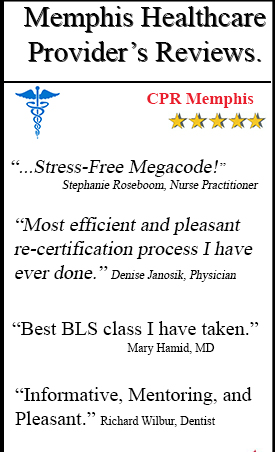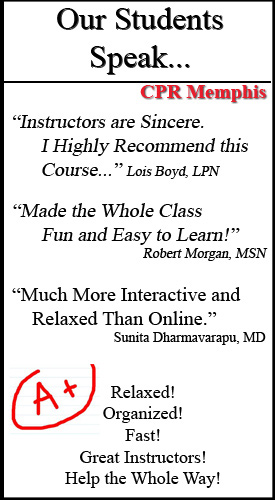Alzheimer’s disease is a progressive disease that slowly destroys memory and is the leading cause of dementia. Dementia is a deterioration of cognitive ability severe enough to interfere with daily life. The first big symptoms of Alzheimer’s are memory loss accompanied by emotional apathy. These symptoms have been dismissed in the past as senility and grouchiness but they are the onset of Alzheimer’s, not a normal part of aging.
Scientists have identified several hallmark brain abnormalities of Alzheimer’s disease. *The development of Plaques, microscopic protein clumps referred to as beta-amyloid peptide.*A protein tau (rhymes with cow) in twisted microscopic strands called Tangles.*A loss of brain cell connections, or synapsis, that are responsible for transmitting information from cell to cell. The cells that lose communication are responsible for learning, memory, and concentration.*A brain becomes inflamed due to its efforts to fight off this deadly disease.*A final hallmark is brain cell death resulting in major shrinkage of the brain. All five hallmarks have disastrous effects on the brain. The shrinkage becomes so significant it interferes with practically all brain function. Unfortunately, by the time the signs and symptoms are pronounced enough to recognize the disease most hallmarks are in place and have taken hold of the brain.
Early detection of Alzheimer’s is key in the fight against it. There is no cure, and symptoms cannot be reversed, but if it is caught early, symptoms can be treated. Alzheimer’s typically starts in the learning part of the brain. A loss in one’s ability to learn, forgetting newly learned information, is a sign that should not be ignored. The disease advances through the brain and symptoms increase. Disorientation is common along with confusion of time, place and events. Eventually there is difficulty speaking, walking and swallowing. A person with early detection and diagnosis can participate in decisions for his care before it progresses to this severity. Decisions about treatment, choosing a caregiver, assigning power of attorney, for example, need to be done early on.
Currently there is no absolute prevention of Alzheimer’s. Scientists are studying possible preventative measures. These measures include mental and physical activities, along with a healthy diet. It is possible that long term health issues play a role in a person’s risk of Alzheimer’s. Controlling issues like hypertension, diabetes, and heart disease may aide in prevention.
Studies show that exercise raises the amount of capillaries that supply blood to the brains of animals and the number of connections between nerve cells in mice and rats. Furthermore, there is more nerve growth factor in the memory and learning area of the brain. Exercise can also increase the brain’s ability to make new network connections while maintaining old ones
Eating a healthy diet can help your body in many ways. A diet low in fat and rich with vegetables and whole grains can reduce the risk of heart disease, diabetes, and high blood pressure. Which are thought to be linked to the risk of Alzheimer’s. There are no conclusive results yet, but the research is encouraging.
Keeping your mind active and sharp has been linked to a lower risk of Alzheimer’s. Working, reading, and playing games are just a few of the stimulations being studied to see if they reduce the risk. One way you can keep your mind sharp is to continue learning about this disease. There is a wealth of information on the internet on this subject. I have provided some good links below.
http://www.alz.org/research/video/video_pages/genetics_in_alz.html
http://www.hbo.com/alzheimers/
http://www.alz.org/alzheimers_disease_facts_and_figures.asp
http://nihseniorhealth.gov/alzheimersdisease/whatisalzheimersdisease/01.html
http://www.alz.org/research/diagnostic_criteria/
http://www.alz.org/alzheimers_disease_10_signs_of_alzheimers.asp





